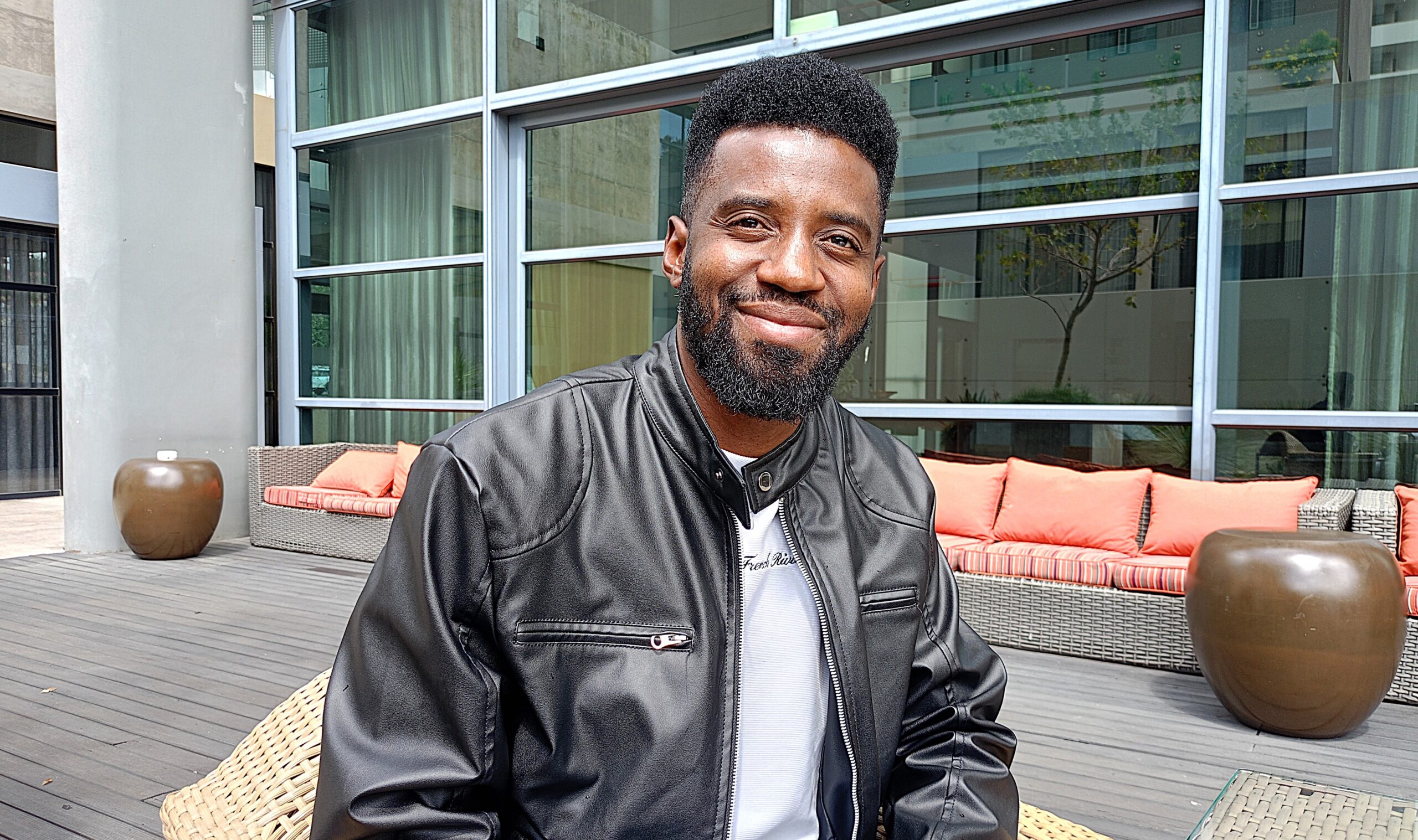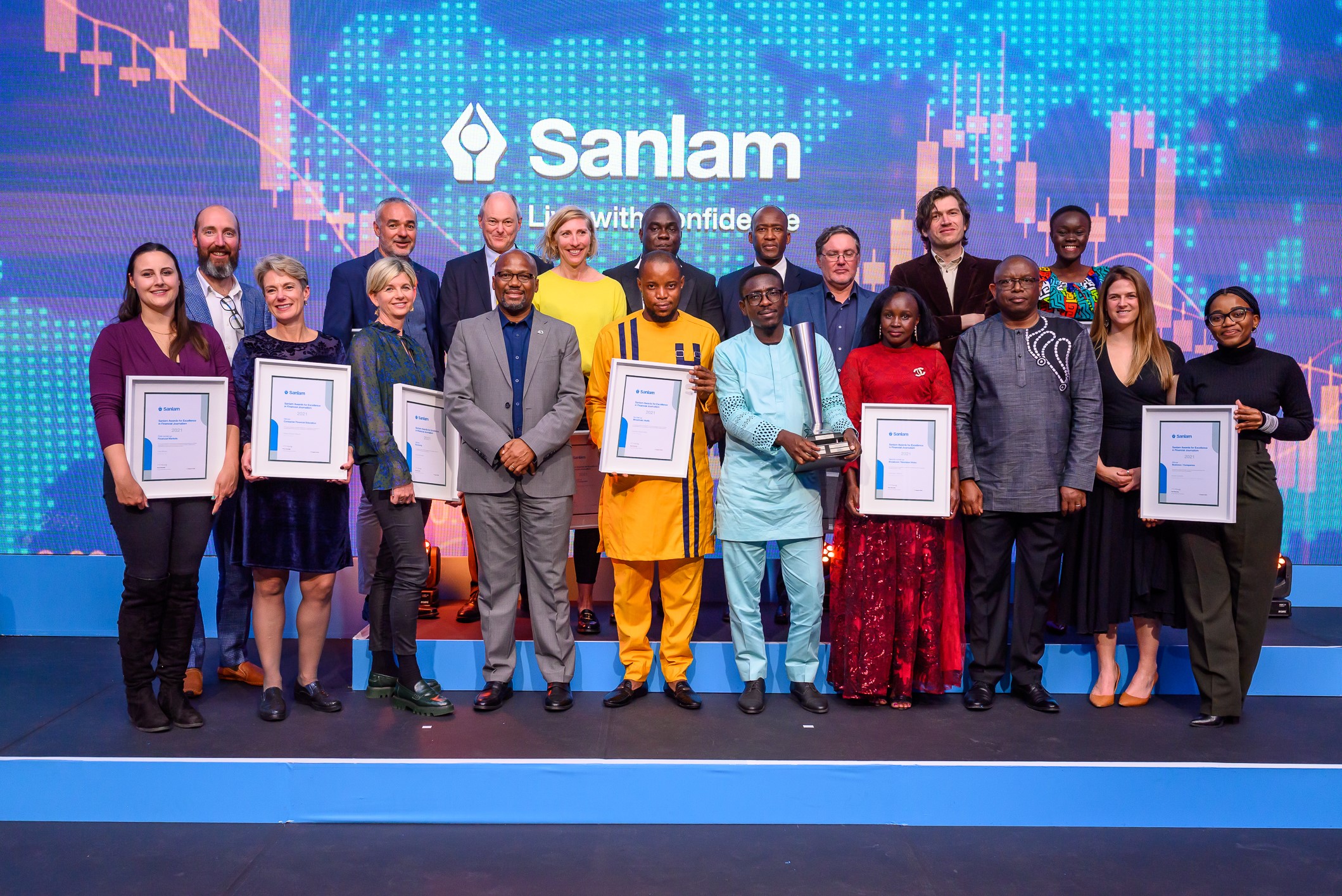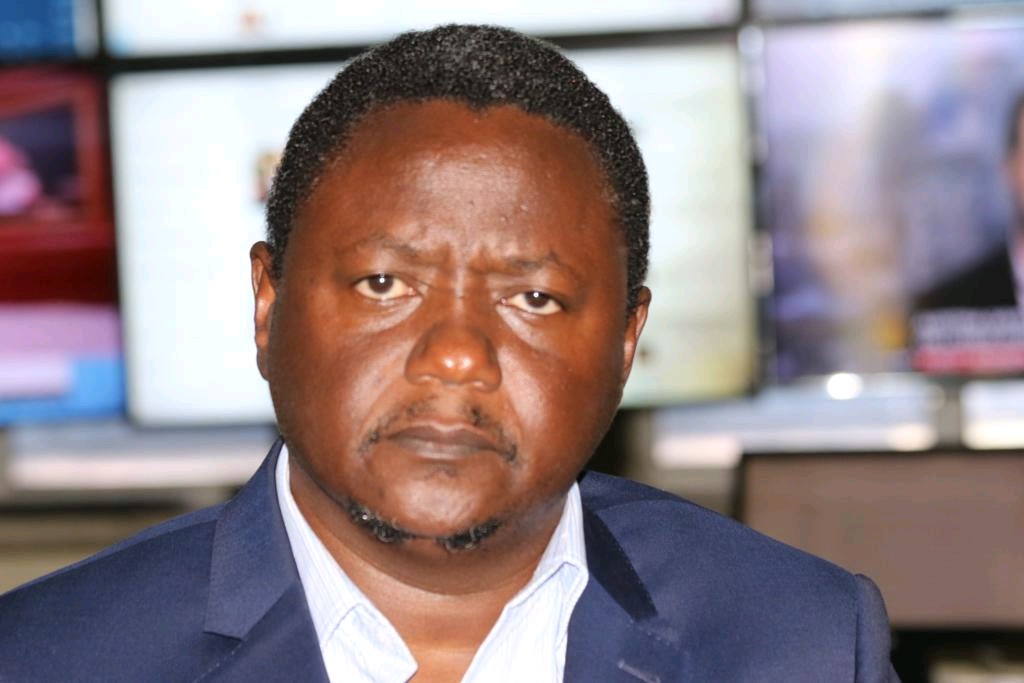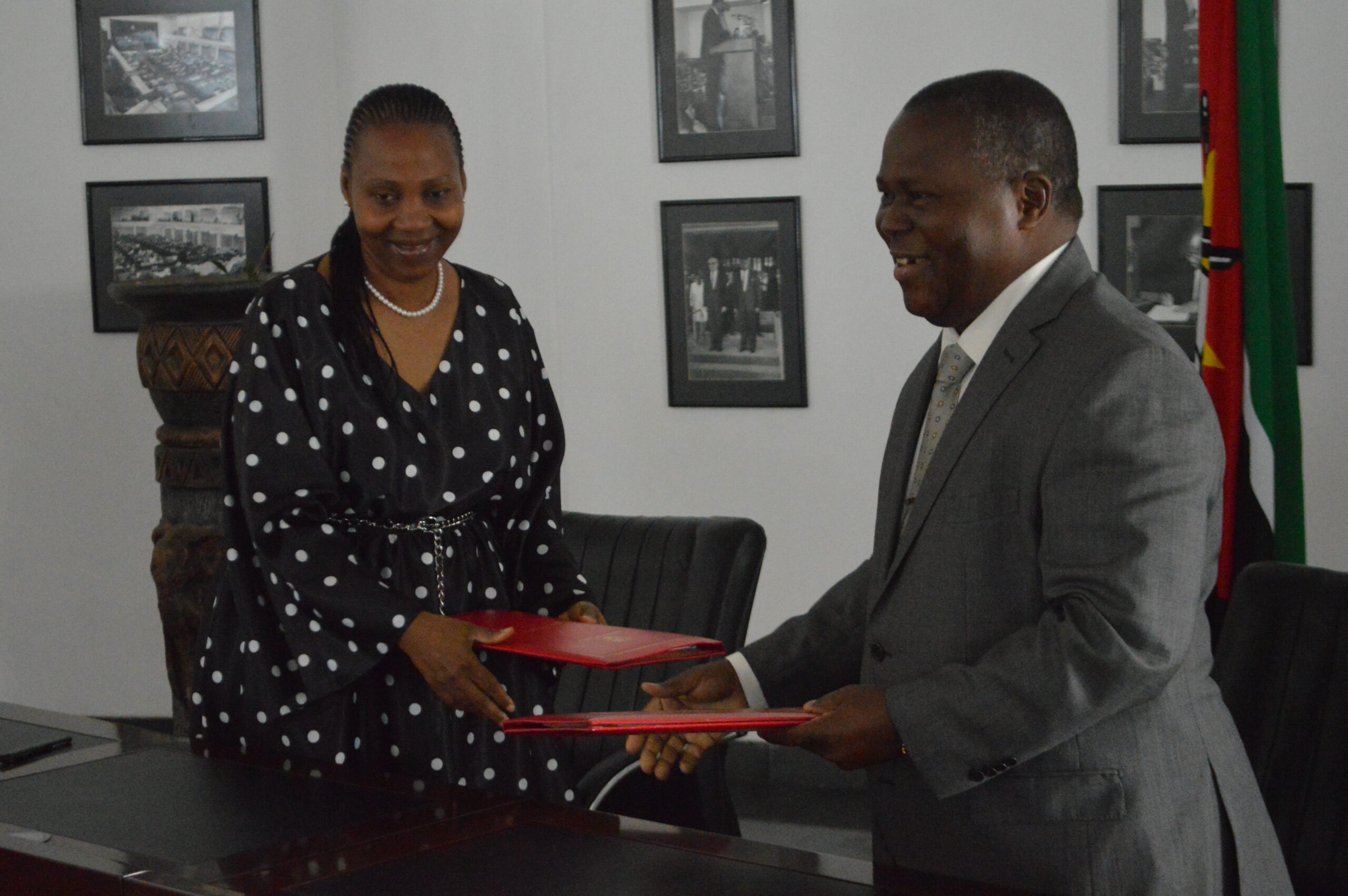
Botswana has received a generous supply of Sinopharm vaccine donation from China
Vaccine monopolies make the cost of vaccinating the world against COVID at least 5 times more expensive than it could be. The cost of vaccinating the world against COVID-19 could be at least five times cheaper if pharmaceutical companies weren’t profiteering from their monopolies on COVID-19 vaccines, campaigners from the People’s Vaccine Alliance said today.
New analysis by the Alliance shows that the firms Pfizer/BioNTech and Moderna are charging governments as much as $41 billion above the estimated cost of production.
Colombia, for example, has potentially overpaid by as much as $375 million for its doses of the Pfizer/BioNTech and Moderna vaccines, in comparison to the estimated cost price.

Despite a rapid rise in COVID cases and deaths across the developing world, Pfizer/BioNTech and Moderna have sold over 90 percent of their vaccines so far to rich countries, charging
up to 24 times the potential cost of production.
Last week Pfizer/BioNTech announced it would license a South African company to fill and package 100 million doses for use in
Africa, but this is a drop in the ocean of need.
Neither company has agreed to fully transfer vaccine technology and know-how with any capable producers in developing countries, a move that could increase global supply, drive down prices and save millions of lives.
Analysis of production techniques for the leading mRNA-type vaccines produced by Pfizer/BioNTech and Moderna – which were only developed thanks to public funding to the tune of $8.3 billion – suggest these vaccines could be made for as little as $1.20 a dose.
Yet COVAX, the scheme set up to help countries get access to COVID vaccines, has been paying, on average, nearly five times more. COVAX has also struggled to get enough doses and at
the speed required, because of the inadequate supply and the fact that rich nations have pushed their way to the front of the queue by willingly paying excessive prices.
Without pharmaceutical monopolies on vaccines restricting supply and driving up prices, the Alliance says the money spent by COVAX to date could have been enough to fully vaccinate every person in Low and Middle-income countries with cost-price vaccines if there was enough supply.
Instead, at best COVAX will vaccinate 23 percent by end of 2021.
The Alliance of nearly 70 organisations, including the African Alliance, Oxfam, and UNAIDS, says the failure of some rich countries to back the removal of monopolies and to drive down
these excessive prices have directly contributed to vaccine scarcity in poorer nations.
Anna Marriott, Oxfam’s Health Policy Manager, said: “Pharmaceutical companies are holding the world to ransom at a time of unprecedented global crisis. This is perhaps one of
the most lethal cases of profiteering in history.
“Precious budgets that could be used for building more health facilities in poorer countries are instead being raided by CEOs and shareholders of these all-powerful corporations.”
Winnie Byanyima, Executive Director of UNAIDS said: “Health workers are dying on the frontline all over the world every single day. Uganda alone lost more than fifty health workers in just two weeks – a reminder of the time when millions of people were dying of HIV in developing countries because the medicines that could save them were priced too high.
“I see lives being saved in vaccinated countries, even as the Delta variant spreads, and I want the same for developing countries. It is criminal that the majority of humanity is still facing this cruel disease unprotected because Pharma monopolies and super-profits are
being put first.”
While some rich countries have started to re-distribute a fraction of their excess doses and have made funding commitments, this charity is not enough to fix the global vaccine supply
problems.
The People’s Vaccine Alliance is calling on all governments to insist that the vaccine technology is transferred – to enable all qualified manufacturers worldwide, especially those in developing countries, to produce these vaccines.
Governments should also urgently approve a waiver of intellectual property rules related to COVID-19 technologies as proposed by South Africa and India.
The waiver, which has been supported by over 100 nations including the US and France has now entered formal negotiations at the World Trade Organisation that met again this week.
But the proposal has been repeatedly blocked by Germany, the UK, and the European Union.
Maaza Seyoum, from the African Alliance and People’s Vaccine Alliance Africa, said: “Enabling developing country manufacturers to produce vaccines is the fastest and surest way to ramp up supply and dramatically drive down prices. When this was done for HIV
treatment, we saw prices drop by up to 99 percent.
“What possible reasons then do the governments of the UK, Germany and EU have to ignore the repeated calls from developing countries to break the vaccine monopolies that could drive up production while driving down price?”
Less than one percent of people in Low-Income countries have received a vaccine, while the profits made by the companies have seen the CEOs of Moderna and BioNTech become billionaires.
Before the pandemic, developing countries paid a median price of $0.80 a dose for all non-COVID vaccines, according to an analysis by the World Health Organization (WHO).
While all vaccines are different and the new vaccines may not be directly comparable, even one of the cheapest COVID 19 vaccines on the market, Oxford/AstraZeneca, is nearly four times
this price; the Johnson and Johnson vaccine is 13 times; and the most expensive vaccines, such as Pfizer/ BioNTech, Moderna, and the Chinese produced Sinopharm, are up to 50 times higher.
It is vital that vaccine manufacturers are forced to justify why their vaccines cost more, but open competition is also critical to bring down prices and increase supply. All vaccines, old and new, only come down in price once there are multiple competitors in the market.









